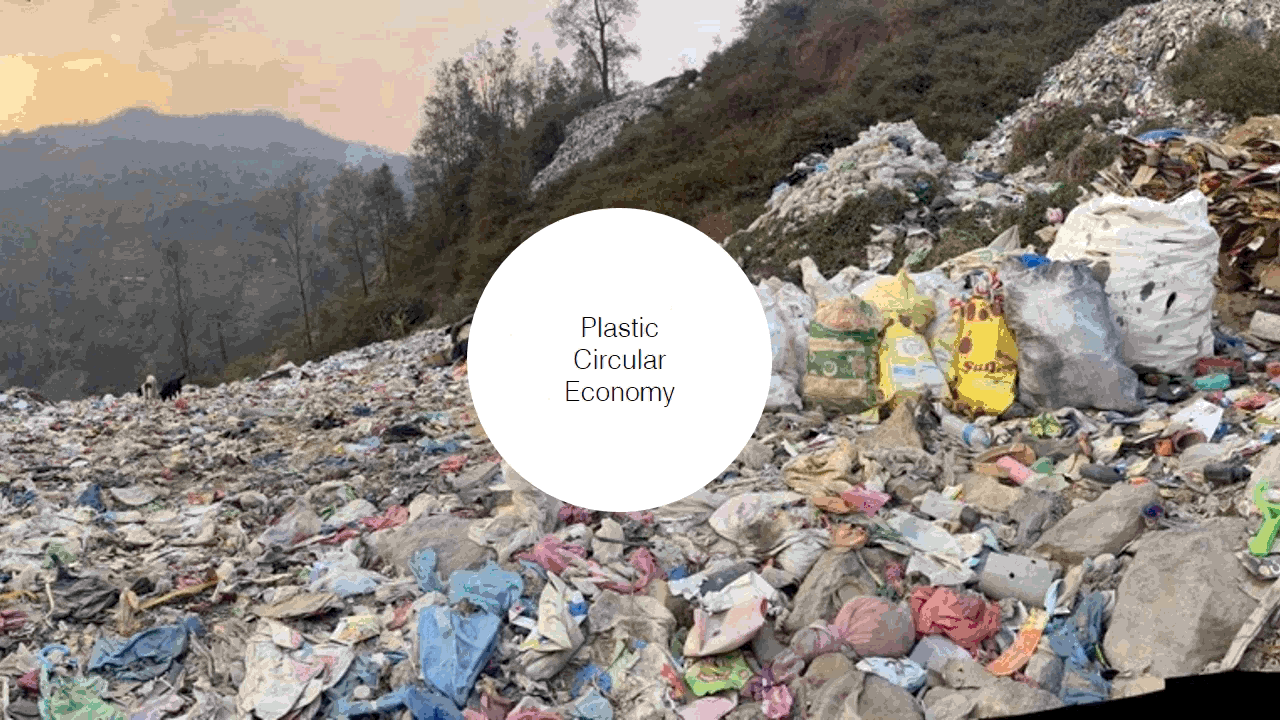Plastic to Ghar (P2G)
P2G is a research / impact creation project consortium led by Centre for Industrial Sustainability, Institute for Manufacturing, Department of Engineering, University of Cambridge in collaboration with Impact Hub Kathmandu and FabLab Nepal since 2022. We aim to build two types of Waste Hub: The P2G Himalayan Community Waste Hub for the micro-scale remanufacturing units in the isolated mountain regions (Himalaya), and the P2G Super Press Waste Hub for larger quantity upcycling in the flat regions (Terai). P2G is part of the Sustainable Manufacturing and Environmental Pollution (SMEP) programme, funded by UK Aid, the Foreign, Commonwealth and Development Office (FCDO) in partnership with the United Nations Conference on Trade and Development (UNCTAD).


The Making Spaces
The Making Spaces program is a research project at University College London (UCL) in the UK. The research we are doing is aimed at understanding more about makerspaces and how they can be places that support equality, fairness and justice for makerspaces and how they can be places that support equality, fairness and justice for young people and their communities. We are developing ways to support good experiences in makerspaces for lots of different young people, mostly focusing on how young people experience Science Technology Engineering and Maths (STEM) in these places. This program aimed to develop ways to support positive experience in makerspaces for diverse young people on STEM conducting inclusive training using digital fabrication at Impact Hub Kathmandu FabLab Nepal.
BioChar Kilns 2022
FabLab Nepal is thrilled to work together with EWB Ireland to help develop a portable, affordable, easily built retort kiln to facilitate efficient biochar production to increase crop yields for smallholder farmers in Nepal. This design for the retort biochar kiln was designed by the Where There Is No Engineer (WTINE) 2016 design challenge winners Farm Social. With the help of this design, we will be able to produce biochar from different biomass feedstocks. Through this project, we aim to give different Nepali communities the tools and understanding to produce biochar safely and efficiently.


STEAM Education Nepal
Fablab Nepal is currently working with the Open University UK on the project ‘STEAM Education Nepal: Strengthening Young Nepali Students Through Access to STEAM Educational Programmes’. This pilot study, aims to promote STEAM (Science, Technology, Engineering, the Arts, Mathematics) education in CG schools in Nepal.